Description
Groundnut shell for sale: Learn its nutritional value, benefits, processing methods, and considerations for incorporating it into your livestock’s diet.
Groundnut shell for sale
Groundnut Shell: An Underutilized Feed Source for Cattle
Groundnut shells, a plentiful byproduct of groundnut (peanut) production, often end up as waste material. However, these shells can be a valuable and cost-effective feed source for cattle, offering a sustainable solution to both feed scarcity and agricultural waste management. While not a standalone feed, groundnut shells can contribute significantly to a balanced cattle diet when properly processed and supplemented.
Nutritional Value and Limitations:
Groundnut shells primarily consist of fiber, making them a good source of roughage. This is particularly beneficial for ruminant animals like cattle, as roughage aids in proper digestion and rumen function. They contain cellulose, hemicellulose, and lignin. However, the nutritional value of groundnut shells has limitations:
- Low Protein Content: Groundnut shells have a very low protein content, typically around 5-7%. This means they must be supplemented with protein-rich feed sources for optimal cattle growth and productivity.
- Low Digestibility: The high lignin content in the shells makes them less digestible for cattle. This limits the animal’s ability to extract nutrients from the shells.
- Mineral Deficiency: Groundnut shells are often deficient in essential minerals like calcium and phosphorus, critical for bone development and overall health.
Methods to Improve Nutritional Value and Digestibility:
Several processing methods can enhance the nutritional value and digestibility of groundnut shells, making them a more effective feed source for cattle. These include:
- Grinding/Chopping: Reducing the particle size of the shells through grinding or chopping improves their palatability and exposes more surface area for microbial digestion in the rumen.
- Chemical Treatment: Treating the shells with alkali substances like sodium hydroxide (NaOH) or urea helps to break down the lignin bonds, increasing digestibility. This method requires careful handling and proper neutralization of the alkali to prevent harm to the animals.
- Enzymatic Treatment: Using enzymes to break down the complex carbohydrates in the shells is another method to improve digestibility. This approach is often more environmentally friendly than chemical treatment.
- Fermentation: Fermenting groundnut shells with microorganisms can increase their protein content and digestibility.
- Ensiling: Mixing groundnut shells with other forages like green grass or legumes and ensiling them improves palatability and preserves nutrients.
- Supplementation: Supplementing the diet with protein concentrates (like oilseed cakes), mineral mixtures, and vitamins is crucial to balance the nutritional deficiencies of groundnut shells.
Advantages of Using Groundnut Shells as Cattle Feed:
- Cost-Effective: Groundnut shells are readily available and often inexpensive, making them a cost-effective alternative to conventional feed sources, especially during periods of feed scarcity.
- Sustainable: Using groundnut shells as feed reduces agricultural waste and promotes a more sustainable farming system.
- Improved Rumen Function: The roughage content of the shells promotes healthy rumen function and prevents digestive disorders in cattle.
- Bulk Feed: Groundnut shells can serve as a valuable bulk feed, especially when other forages are scarce.
Considerations for Feeding Groundnut Shells to Cattle:
- Mixing Ratios: Groundnut shells should not form the sole basis of the diet. It is recommended to mix them with other feed sources in appropriate ratios, like 20-30% of the total dry matter intake.
- Proper Processing: As mentioned earlier, proper processing is essential to improve the digestibility and palatability of the shells.
- Supplementation: Adequate supplementation of protein, minerals, and vitamins is crucial to ensure that the cattle receive a balanced diet.
- Gradual Introduction: Introduce groundnut shells into the diet gradually to allow the animals to adapt to the new feed source.
- Monitor Animal Health: Regularly monitor the health and performance of the cattle to identify any potential issues related to the groundnut shell-based diet. It is advisable to consult with a veterinarian or animal nutritionist for specific feeding recommendations tailored to the animal’s breed, age, and production stage.
- Mycotoxin Contamination: Groundnut shells can sometimes be contaminated with mycotoxins, especially if stored improperly. Ensure the shells are properly dried and stored in a well-ventilated area to minimize the risk of contamination.
Conclusion:
Groundnut shells offer a promising and sustainable feed source for cattle, particularly in regions where groundnut production is abundant. By employing appropriate processing methods and providing necessary supplementation, farmers can effectively utilize this agricultural byproduct to improve cattle nutrition, reduce feed costs, and promote a more environmentally friendly farming system. However, it’s crucial to understand the limitations and implement best practices to ensure the health and productivity of the animals. Further research and development are needed to optimize the utilization of groundnut shells as a valuable feed resource for livestock.
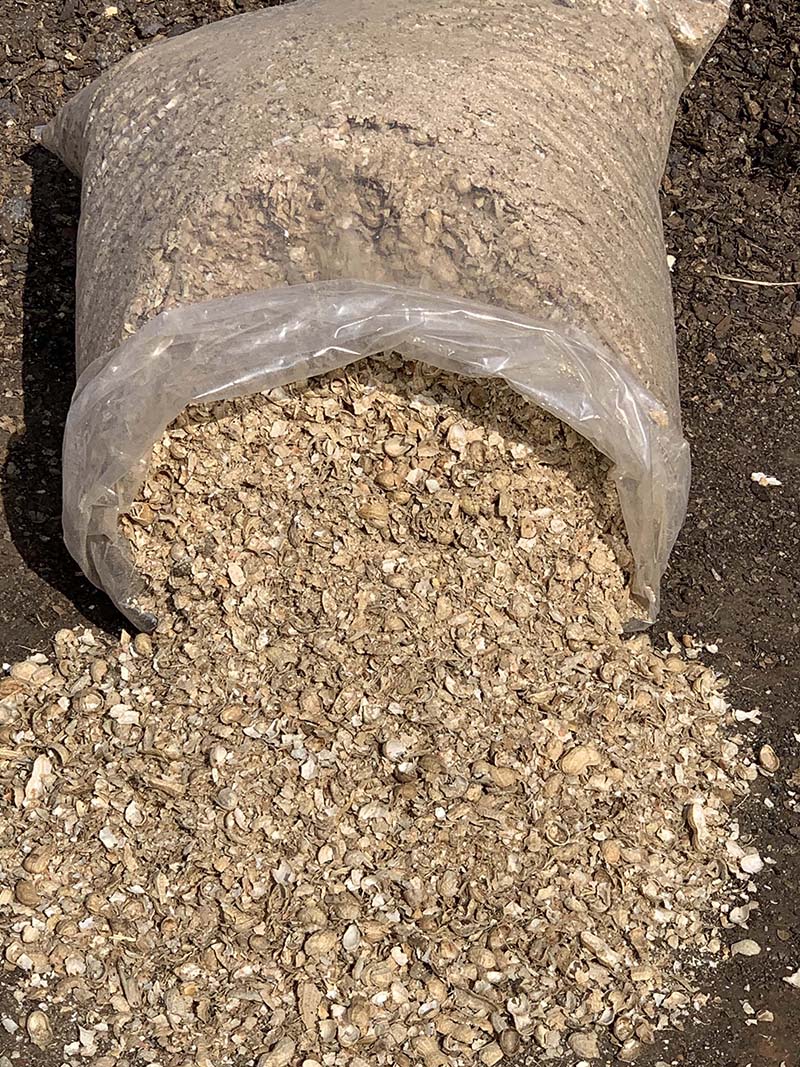
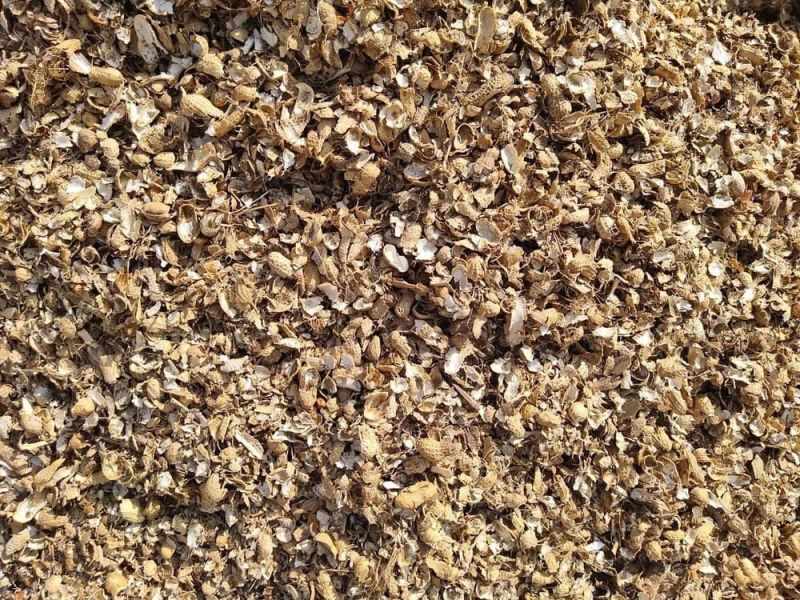
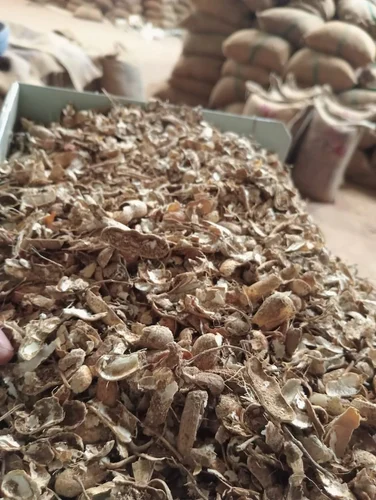
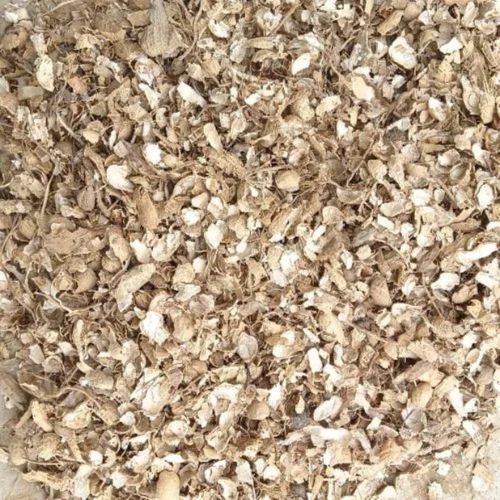
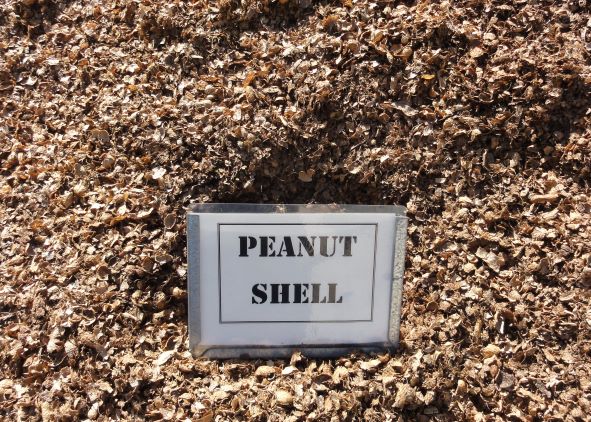

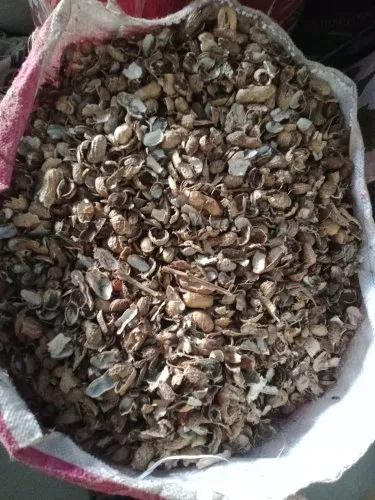
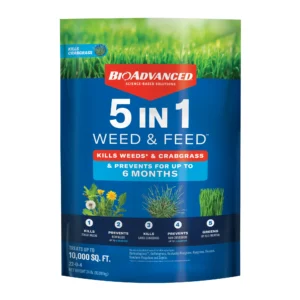
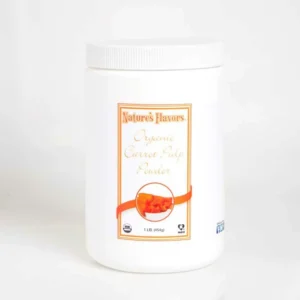
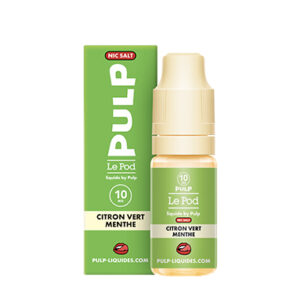
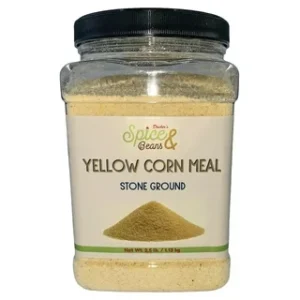
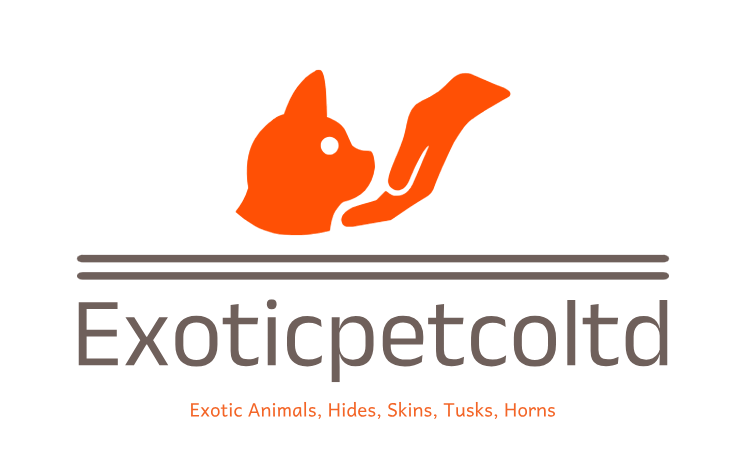

Reviews
There are no reviews yet.